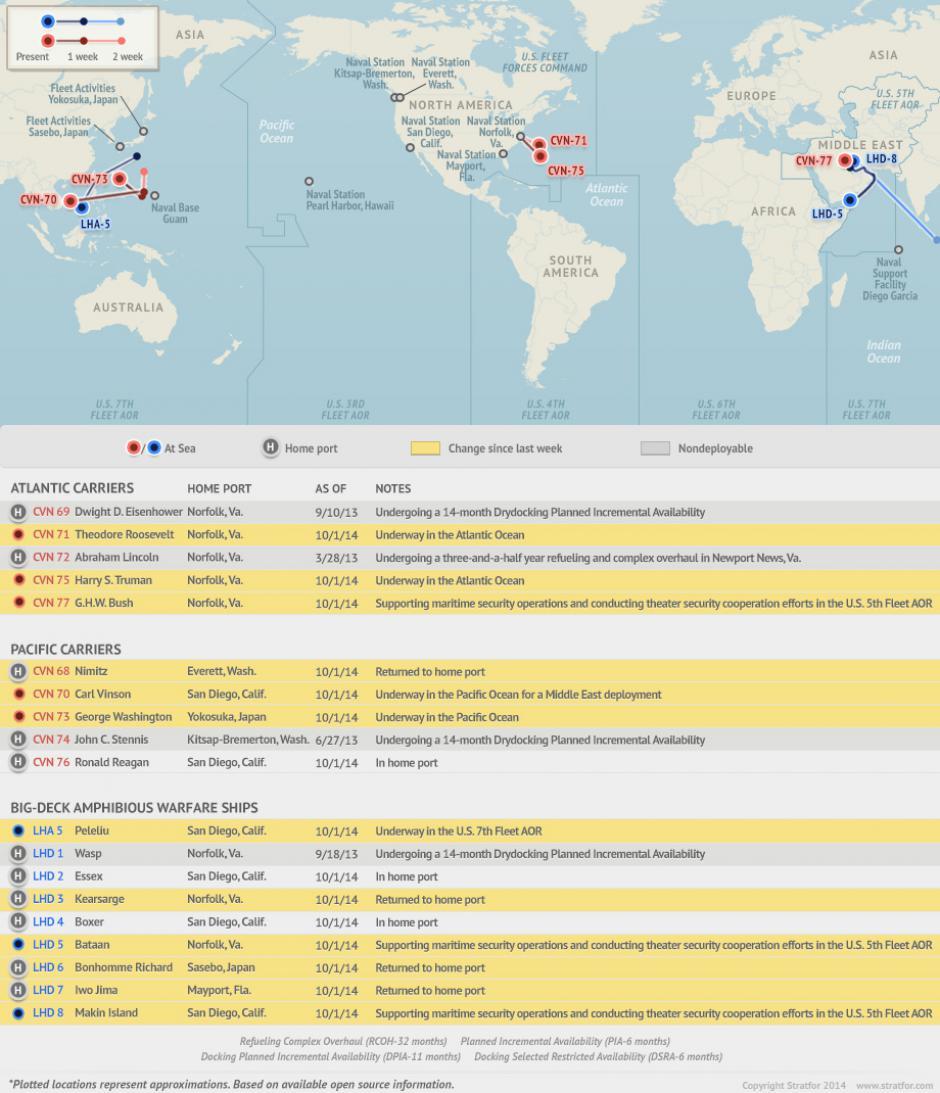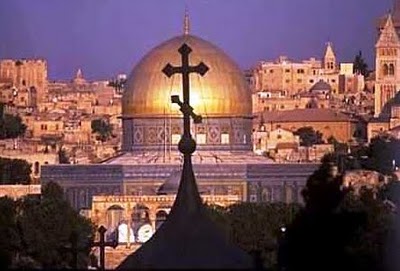The Islamic State leadership must be scratching their collective heads. How could the momentum achieved through a blitzkrieg-like march in June and July of 2013 have been so severely dented?
Since their June campaign and rout of the northern Iraq military divisions and its rivals in north eastern Syria, IS has made few strategic gains against its opponents. In northern Iraq, an ill-considered offensive into Kurd territory in August opened a fresh front against the group in what may well be a turning point in its longer term fortunes. Up until IS fired the first shot, the Kurds were more than content with waiting for IS to make a move. They had retaken disputed territory and where in position to defend it. To make matters worse for IS, their Kurd adventure sparked Western reaction and the US initiated air strikes against the group to halt its march on Arbil, the capital of the Kurd autonomous region in the north. Since then, the air war has expanded and now includes numerous western and, crucially, Sunni Arab regional states. The involvement of the latter has given some legitimacy to the foreign action and dulled the expected regional condemnation of another Western-led battle in Arab territory.
In Syria, the town of Kobane, largely unknown up until recently, has become a widely known symbol of resistance against IS aggression. Outbumbered and outgunned, local Kurd fighters initially stalled an IS advance in the town before Kurd volunteers from Turkey and Iraq poured in to bolster the defences and push back IS. Again, foreign air strikes proved the difference as IS armoured and artillery units were forced to withdraw from the arena, mirroring similar reaction across Iraq and Syria in recent months. In Deir ez Zor, the capital of the namesake governorate, IS has also struggled to remove the last vestiges of the Syrian regime. Stern resistance has been put up by elite Republican guard forces. Together with Kobane, hundreds of IS fighters have been killed and many more wounded in a series of assaults in these two locations.
So where to from here? IS have expanded as far as they can go, it seems. Their early success rested on a platform which had been created since 2012 following the withdrawal of the US forces. Mosul was its focus and it was in this city where it slowly eroded the capability of the Iraqi Security Forces (ISF). This effect, together with the mismanagement and poor training and discipline of the Iraqi army and some local support from Sunni tribes provided the base for its almost supernatural early advances. Since then the ISF have begun to reorganise and have received additional support from thousands of Shiite militiamen in the south, Iranian military forces and Western advisers. The IS advance south from Mosul in June and July also met stiff resistance from more hardy ISF forces, which remain largely intact. In Iraq, at least, a stale mate has developed where neither force has the capability to make major gains against the other. Where gains are made, such as in Baiji recently, these have proven difficult to maintain and have been swiftly overturned. The sense is, however, that with international backing and increasing number of men and material that the ISF and its new allies, the Kurds, have the upper hand and, barring any further massive blunders, are likely to slowly turn the tide against IS in Iraq. The process will be lengthy though and is unlikely to end in 2015.
In Syria, IS are in a marginally better position. For the most part, Raqqa, Deir ez Zor, northern Aleppo and southern Al-Hasakah governorates are under their control. Yet how much of this is due to their opponents distraction with other conflicts is up for debate. The Syrian Arab Army (SAA) and its allies are firmly set on eliminating rebels near the capital, containing them in Daraa and Quneitra in the far south and recapturing Aleppo. Indeed, a large proportion of its resources have been dedicated to the Aleppo front. Should fighting in Aleppo cease, either due to a ceasefire or SAA victory, the regime will likely seek to consolidate in Hama and Homs before moving against IS. Should they do so, there may be some complications as US-led air strikes are largely focused on IS areas; however, with both these strikes and the SAA attention shifted, IS may become increasingly isolated. It could also fracture as local tribes seek to re-orientate allegiances towards the stronger force.
For IS planners and its senior leadership the early successes have provided them with a platform; however, this platform is now largely one aimed at consolidation and defence. As it becomes focused on statehood it will find it difficult to maintain territory in the face of overwhelming opposition and battlefield deficiencies. It has no air force and it has no way to effectively repel US-led strikes. It is also outnumbered by its opponents and has no regional allies strong enough to prove the difference in the war. Normal actors would seek negotiation at this point; however, given its ideology and recent beheadings, murders, mass kidnappings and threats, talks are unlikely, at least not on an official level. There may be some understandings but at present momentum has shifted and while it may take some time, the sense is, is that the Islamic State is doomed to conflict for the remainder of its days.














































